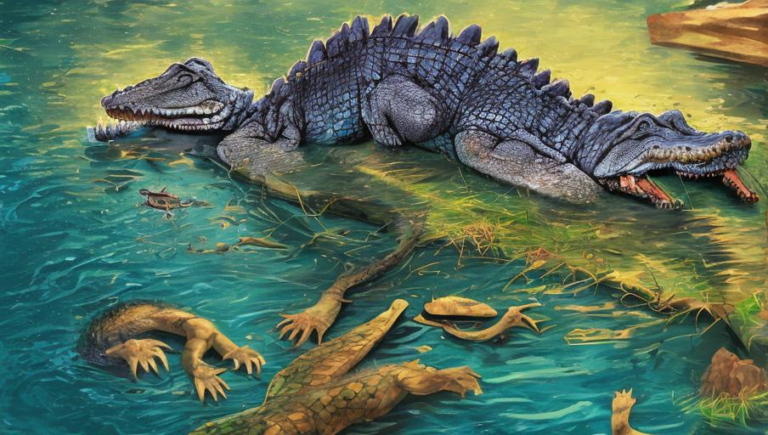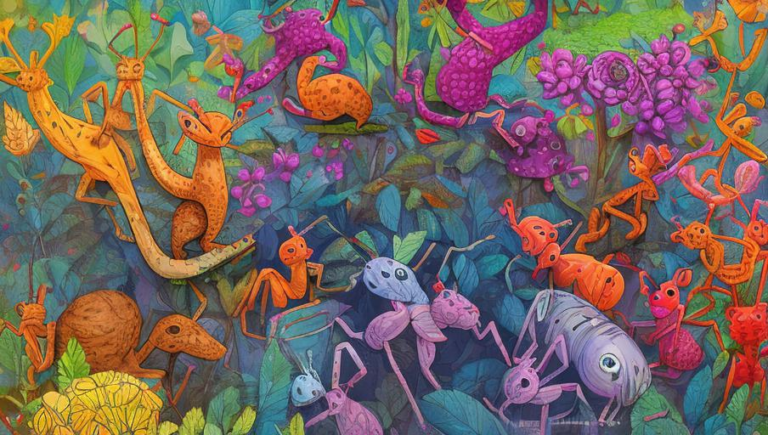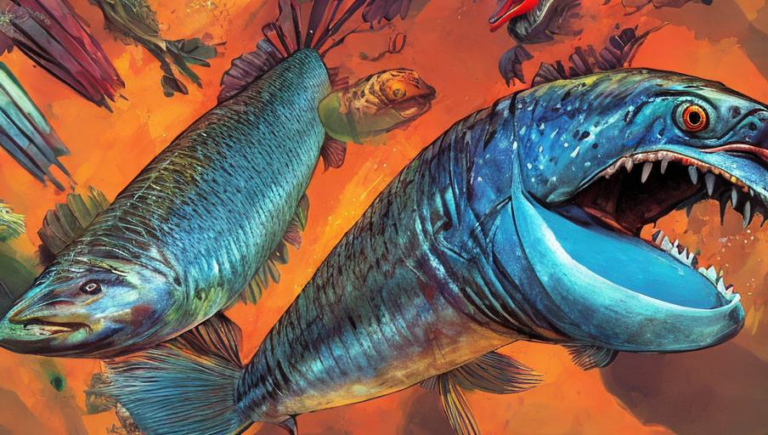Getting to Know the Alligator
Introduction
The alligator is a formidable creature that has been around for millions of years. Commonly found in the wetlands of the American southeast, thousands of alligators are spread across the country. Alligators are large reptiles that can grow to be over 15 feet in length, making them one of the largest predators in the area. With powerful jaws and sharp teeth, it is essential to know how to properly interact with alligators in order to stay safe.
Habitat
Alligators inhabit a variety of habitats, including freshwater rivers, lakes, swamps, and marshes. They prefer areas with shallow water and plenty of vegetation, which provides them with food and cover. Alligators can also be found in brackish water, or areas where salt and fresh water mix. Alligators have adapted to a variety of climates, from the hot and humid subtropical climate of the south to the cooler temperate climate of the north.
Diet
Alligators are carnivorous and primarily feed on fish, small mammals, and birds. They have also been known to eat turtles, snakes, and even other alligators. Alligators will also scavenge for food, and have been known to eat carrion. Alligators are also opportunistic feeders and will take advantage of any easy meal, such as a pet or livestock that is left outside.
Behavior
Alligators are generally solitary animals, but they can be found in groups during the breeding season. They are also territorial and will defend their territories against intruders. Alligators can be seen basking in the sun during the day and are most active during the night. They are also excellent swimmers and can reach speeds of up to 20 mph in the water.
Protection
Alligators are protected by state and federal laws in the United States. It is illegal to kill, harass, or otherwise harm alligators. Alligators are also legally protected from habitat destruction and disruption of their natural habitats. It is important to remember that alligators can be dangerous and should be respected in their natural environment.
Interactions
It is important to exercise caution when interacting with alligators. Keep a safe distance and do not attempt to feed them or touch them. If you see an alligator, it is best to leave the area and call the authorities. Alligators can be unpredictable and can strike without warning, so it is important to be aware of your surroundings and to always be on the lookout for them.
Conclusion
Alligators are fascinating creatures that have been around for millions of years and have adapted to many different environments. It is important to remember that alligators are wild animals and should be respected and handled with care. By learning more about alligators and understanding their behavior, we can help protect them and their habitats for generations to come.





